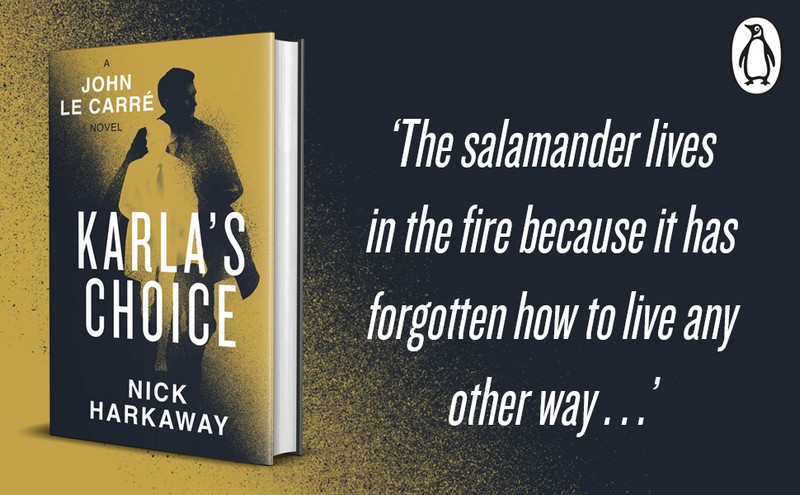 Louisiana 1913. Three young boys are enjoying their summer playing outside near the edge of the forest as their wealthy parents Henry and Mary entertain guests at the family lake house. Next, the unthinkable happens. The Davenports are well known and respected in Opelousas and the disappearance of their youngest child galvanizes the small community into action. After an extensive search, it seems there can be no explanation other than that the four year has been kidnapped. A substantial award is offered for Sonny’s return.
Louisiana 1913. Three young boys are enjoying their summer playing outside near the edge of the forest as their wealthy parents Henry and Mary entertain guests at the family lake house. Next, the unthinkable happens. The Davenports are well known and respected in Opelousas and the disappearance of their youngest child galvanizes the small community into action. After an extensive search, it seems there can be no explanation other than that the four year has been kidnapped. A substantial award is offered for Sonny’s return.
With reporters and locals both camping out and determined to track the family’s every move, the Davenports and their house staff hole up as they wait for the press to move on and for the public’s attention to be focused elsewhere. During this time, reporter Tom McCabe inveigles his way close to the grieving family, striking up a friendship of sorts with the stricken Mary Davenport. Being this close to money and influence is intoxicating for the young newsman who is keen to see a good result for the people he feels have fully accepted him into their circle of influence.
Two years of searching for their youngest child yields no results, and the Davenport family slowly disintegrates under the weight of their loss. The astonishing news that Sonny has been located in another state comes with further upset. Another woman, Grace Mills is convinced that the child found wandering the countryside with a peddler is in fact her own missing son, Ned.
Half Moon Lake is a gently written novel about the divisions of societal class, and what it means to maintain your sense of self when what defines you is lost or otherwise stripped away. This immersive work strides deep into the past, presenting both sides of the cultural divide with all of its imagined gentility, realized oppression and stoic endurance. What is required from its readers is an investment in the family outcomes more than the solving of its mystery. The people we are reading of here are masters at making the best of a bad situation and this is shown best in the passages featuring the house staff and townspeople. All have an opinion on what might have happened, but not all are privy to the secrets the family need to be kept.
The reader will need to hunker down with Half Moon Lake as the story moves with great deliberation, which does give added weight to the years in between loss and discovery. There is a curious lassitude in the actions of bystanders which might stir up a bit of reactive fire in the reader. This unwillingness to step in sometimes when there is a great injustice playing out in front of you is an interesting concept that is intricately explored in this work. The reasons for this again in this work relate back to societal power imbalances, and the importance of those in positions of influence to maintain a distance from those who do not.
Readers who appreciate a slow plot evolution in their drama novels will enjoy this atmospheric work of loss, the renewal of hope and the enormous investment a society has always needed to make in the protection of its children. Half Moon Lake can seem at times to be something of a relentless trudge towards the finish line but once there, the reader will have much to reflect upon.
Author Kirsten Alexander has stated that she was inspired to write Half Moon Lake, a work of fiction, after learning of the real-life story of US pre-schooler Bobby Dunbar. This is worth a few Wiki minutes of your time if you have not yet heard of this case.
Andrea Thompson
For more of Andrea Thompson‘s book reviews, check out AustCrimeFiction
Other reviews you might enjoy:
- Everyone in My Family has Killed Someone (Benjamin Stevenson) – book review
- A Nearly Normal Family (M. T. Edvardsson) – book review
- The Nowhere Child (Christian White) – book review

Australian Crime Fiction began in 2006 to provide a database of crime authors and books from Australasia in the crime genre. Now featuring book reviews, the site is dedicated to crime fiction and thrillers, with a heavy emphasis on Australian and New Zealand content.




